Where should we go for our next vacation, “mountains or beaches” – a question which is often asked before planning a holiday. I am not going to influence your decision, but I am going to discuss a little more of the latter.
When we deliberate about beaches, we discuss relaxing on the sands, playing in the water, wobbling in the waves, taking a walk on the beachside, watching the sun, trying adventure sports, etc.
How many of us really go beyond to understand the seas and ocean and take an interest in what is going on inside the deep blue water? We live on land and we discuss and talk about our city, country, etc. – the boundaries that human beings have created, but the water in the ocean is one single expanse.
Though technically humans have demarcated oceans as well, the life that resides inside the waters is free to travel and most importantly plays a critical role in our survival.
The ocean is one humongous piece of the area, covering over 70% of the planet and it not only supports life inside but it is essential for the lives outside.
The ocean produces more than 50% of the planet’s oxygen.
Though Amazon rainforests are often referred to as the lungs of the planet, we should treat Oceans and Seas as the real lungs of the planet.
How does the Ocean produce Oxygen: Oceans and seas are abundant with microscopic plants and phytoplankton. These tiny little organisms are essential for human survival. Similar to the plants & trees on the land, Phytoplankton uses the process of photosynthesis by absorbing carbon dioxide and releasing oxygen.
The ocean also regulates rainfall and manages the climate. The oceans transport the heat from the Earth’s equator to the poles, thus balancing the climate & weather patterns. Moreover, oceans provide food and livelihood to millions of people.
Still, we are indifferent to our oceans and seas.
In our conversation with Puja Mitra, the founder of Terra Conscious, a marine conservation organization, she alluded to the same subject “please talk about oceans and coasts more. It covers 3/4ths of our planet, and not understanding it, is not an option”
Let us understand our oceans a little more in detail and analyze why oceans are so important. Furthermore, look at the challenges that the oceans are facing in the current times.
Why Oceans are so important?
Oceans as a Source of Food & Medicine
The abundance of biodiversity in the ocean provides innumerable food options & a source of protein for millions of people.
The seafood is not only eaten by people living close to the seas but it is a preferred food choice for inhabitants in the hinterland. There are a variety of seafood options available to suit your taste.
Seafood is considered rich in high-quality proteins, omega-3, and other nutrients, which are considered effective for growth and preventing diseases like cancer. Research has indicated that people who consume seafood tend to live longer.
Challenge: Unfortunately, in the last few years, thousands of marine species are in danger because of our unabated and unregulated fishing activities. Many species including whales, sharks, and sea turtles are on the endangered list as overfishing becomes a major threat to their existence.
In addition, the huge levels of pollution have left our ocean on the brink of disaster. The fish contain traces of plastic inside their bodies, which not only threatens the life of the fish but also makes consuming seafood risky and dangerous.
Oceans as the solution to Earth’s biggest problem of pollution
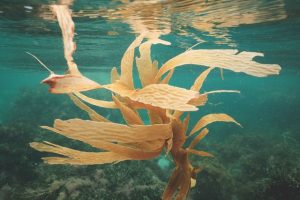
Seaweed, which is extensively found in our oceans, is without any doubt the most versatile plant found on Mother Earth. The plant is a naturally occurring alga that grows in nearly every ocean and is used for a variety of purposes, from food to fuel, from medicine to cosmetics, and, from generating oxygen to absorbing pollutants, Seaweed has an answer to most of the problems on our planet.
In recent times, a slew of startups has discovered the potential of seaweed as a potential replacement for plastic. The plastic alternative is biodegradable and sustainable.
Challenge: To address the growing demand for seaweed, unregulated and unmonitored cultivation of seaweed can be detrimental to the marine ecosystem, hence it is important that seaweed is harvested sustainably and should move to offshore locations.
Oceans as the regulator of Climate
As the ocean covers 70% of the Earth’s surface it has a massive capacity to absorb heat from the sun. In fact, more than 90% of the sun’s heat is absorbed by the ocean. Due to the planet’s sphere structure, the sun’s impact is stronger nearer the equator. The sea currents then transport the warm water at the equator around the earth, up to the north & south poles.
(The equator is a notional line around the middle of a planet, dividing the earth into the northern hemisphere and southern hemisphere. The Earth is widest at its equator)
In addition, the heat causes the ocean’s water to evaporate, creating clouds, causing humidity, and essentially regulating the weather cycles.
Challenge: In the current times, the equilibrium seems to be breaking, the greenhouse gases (GHG) from human activities have hastened the heating of the oceans, thus affecting the climate and have adversely impacted marine life.
Oceans as Means of Livelihood
Ocean-related industries like fishing, tourism, ocean mining, marine conservation, shipping & transportation provide jobs to millions of people across the world. According to estimates by the Global Ocean Commission, ocean-related activities contribute 5% of the world’s GDP and sustain the livelihoods of 350 million.
With rising population and increasing consumption & demands, the size of the ocean economy is only going to increase.
Challenge: Climate change weather events like cyclones, rising sea level levels, and ocean acidification will pose a tremendous challenge for the industry.
Wrapping Up
In 2008, the United Nations designated the 8th of June as World Oceans Day to celebrate our connection to the seas & oceans and to create awareness about protection & conservation.
In 2015, the United Nation’s 2030 Agenda for Sustainable Development defined Oceans as the Sustainable Development Goal (SDG) number 14. This goal includes cooperation between the stakeholders, focusing on marine conservation, and developing mechanisms for the sustainable use of ocean resources.
Having said that, it is equally essential for all of us to understand the importance of oceans in our lives. Whether you stay near the shore or further away in the big city, the oceans are essential for our survival.
Here is a small video by Change Started, elucidating the importance of oceans. You can share it with your friends and family.
Meanwhile, if you want to know more about our Mountains, here is a post on that as well.

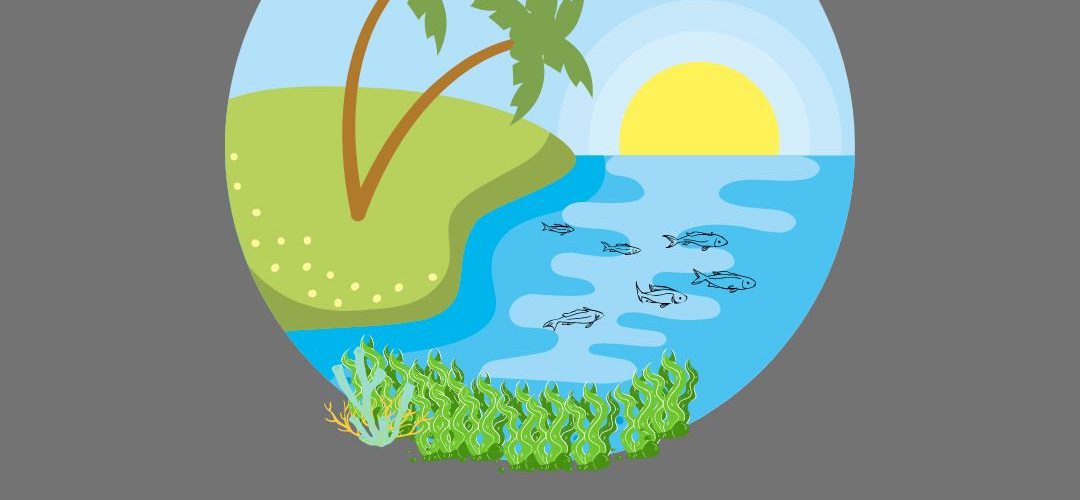
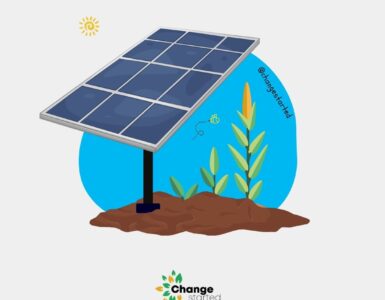
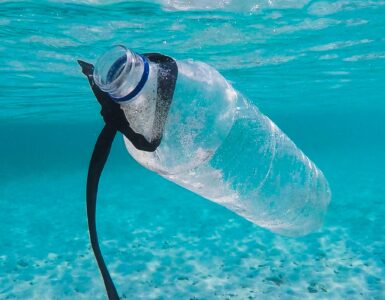
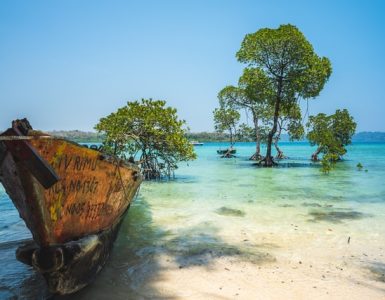

Add comment